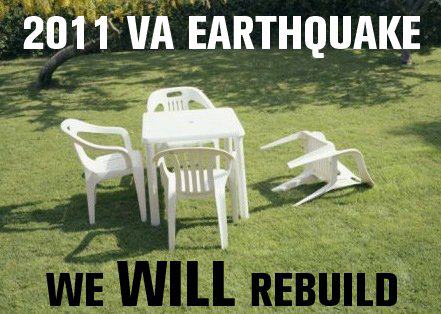
 1
1




 1
1








 1
1









-- Multi-Mode




 1
1




 1
1




The ultimate goal of farming is not the growing of crops, but the cultivation and perfection of human beings. - Masanobu Fukuoka
 1
1




Brenda
Bloom where you are planted.
http://restfultrailsfoodforestgarden.blogspot.com/








Treehugger Organic Farms








Jordan Lowery wrote:does anyone know what the native Americans of the plains did when it came to tornadoes? did they have the knowledge to "predict" them and move on first. after all they only had tipis for the most part.

 3
3




Jordan Lowery wrote:does anyone know what the native Americans of the plains did when it came to tornadoes? did they have the knowledge to "predict" them and move on first. after all they only had tipis for the most part.
List of Bryant RedHawk's Epic Soil Series Threads We love visitors, that's why we live in a secluded cabin deep in the woods. "Buzzard's Roost (Asnikiye Heca) Farm." Promoting permaculture to save our planet.
 2
2




Pecan Media: food forestry and forest garden ebooks
Now available: The Native Persimmon (centennial edition)
 1
1




 2
2




Dan Boone wrote:It's all about being poor. Solid costs more. Destroyable is cheaper.
What's more, the people living in destroyable homes aren't the ones making the building decisions in most cases. The house is built for immediate sale or rental, so it's built cheap. The builder or the would-be landlord doesn't care; he's insured.
Darren Couch wrote:My ex father in law used to own an earth shelter construction business near Wichita KS, that went belly up after about three houses. He said when he'd go to fairs and such to pitch his business, people would tell him if they were going to spend 30% more on the construction cost, they wanted people to see the opulence.
 .
.











 2
2




List of Bryant RedHawk's Epic Soil Series Threads We love visitors, that's why we live in a secluded cabin deep in the woods. "Buzzard's Roost (Asnikiye Heca) Farm." Promoting permaculture to save our planet.
 2
2




 2
2




Invasive plants are Earth's way of insisting we notice her medicines. Stephen Herrod Buhner
Everyone learns what works by learning what doesn't work. Stephen Herrod Buhner
 1
1









|
New rule: no elephants at the chess tournament. Tiny ads are still okay.
The new kickstarter is now live!
https://www.kickstarter.com/projects/paulwheaton/garden-cards
|



